The impending release of CS2 is affecting the Counter-Strike landscape in all sorts of ways. Fans are begrudging their rotten luck because they don’t have access to the beta while pro players and casters are discussing the features of the new game. The big boss is not sleeping on the esports scene either, as a report today by Richard Lewis revealed that Valve is pushing hard for major changes for the CS2 esports scene.
Richard Lewis reports that Valve has already taken steps to ensure CS2 esports are conducted differently than what we’ve seen over the last three to four years. Namely, the CS2 publisher wants to do away with closed tournament systems, a practice Valve deems harmful to the competitive nature of esports, as clearly stated in this official Valve post from 2019 when such systems were first conceived.
Per Lewis, Valve representatives have made their feelings known to the two main culprits, ESL and BLAST, on site at the latter’s Major event that took place in Paris this May. Lewis explicitly uses the word “request” and not “demand” or “enforce” when talking of Valve’s communication with the tournament organizers, but his report makes it clear that Gabe Newell and co. want everything sorted out before CS2 esports events are on their way.
Related: Former CS:GO pro slams ‘sad’ CS2, calls core gameplay mechanic ‘at best awful’
Both ESL and BLAST are running competitions akin to franchised leagues—events that don’t have a fully open qualification system, but have teams that pay to remain event after event. This way of managing tournaments slams the door in the face of competition and more or less cuts out less lucrative organizations from ever breaking into either tournament circuit. With many places reserved for what are called “partnered teams,” there’s simply not enough room for outsiders.
Before VALORANT threatened to be the first semi-successful CS:GO killer in 2020, Counter-Strike fans often felt like Valve only cared about Dota 2 and didn’t give a damn about CS:GO. Three years later, we’re knocking on the doors of a new Counter-Strike game and Valve appears to finally be taking their own game seriously.
This is not the first time Valve has criticized this particular esports format, but not much came of it during CS:GO’s lifespan. Here’s hoping that with Global Offensive passing the torch to CS2, Valve’s “requests” become more productive, for competition’s sake.


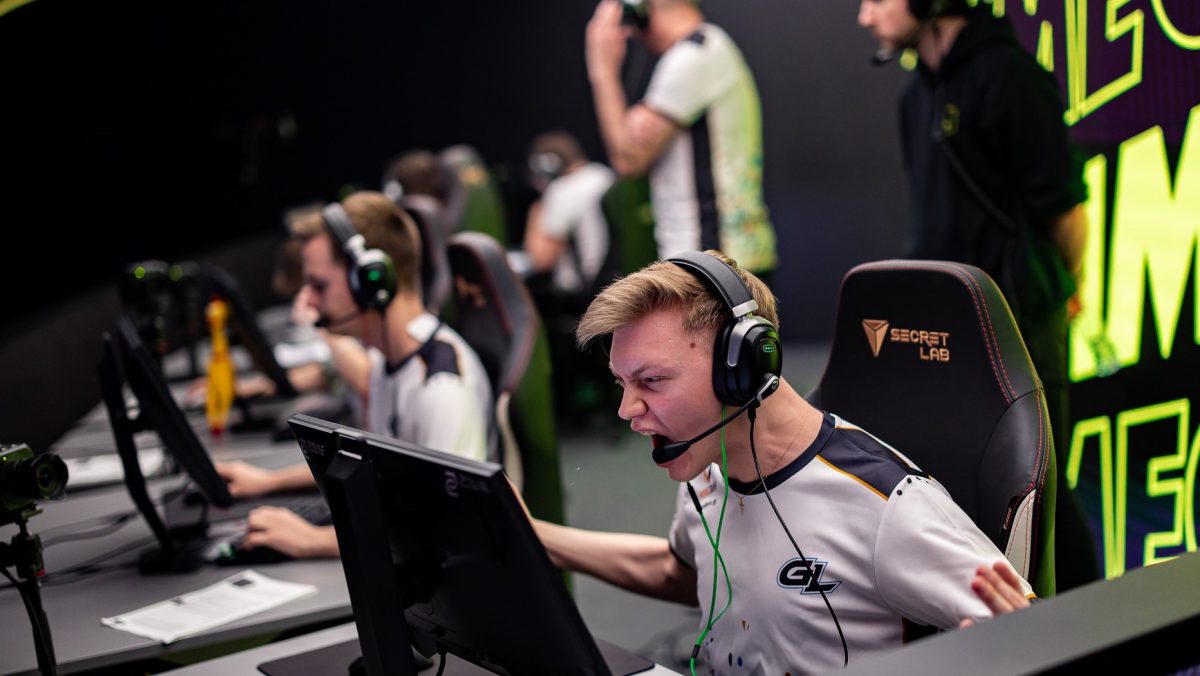
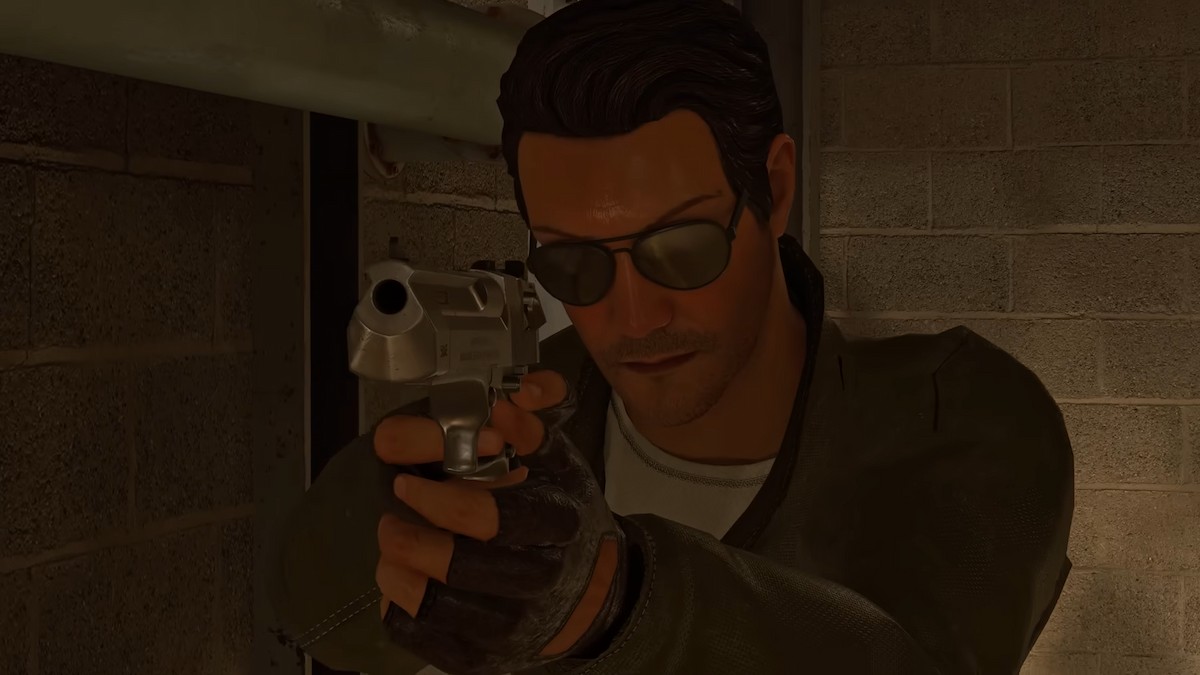
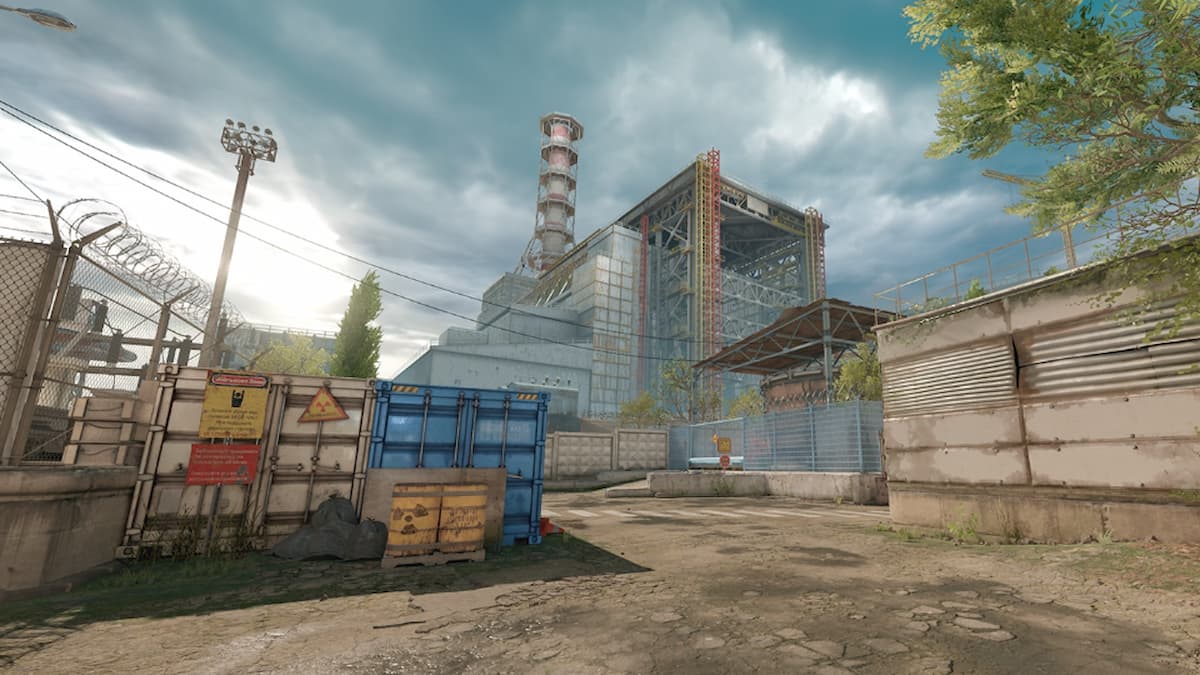
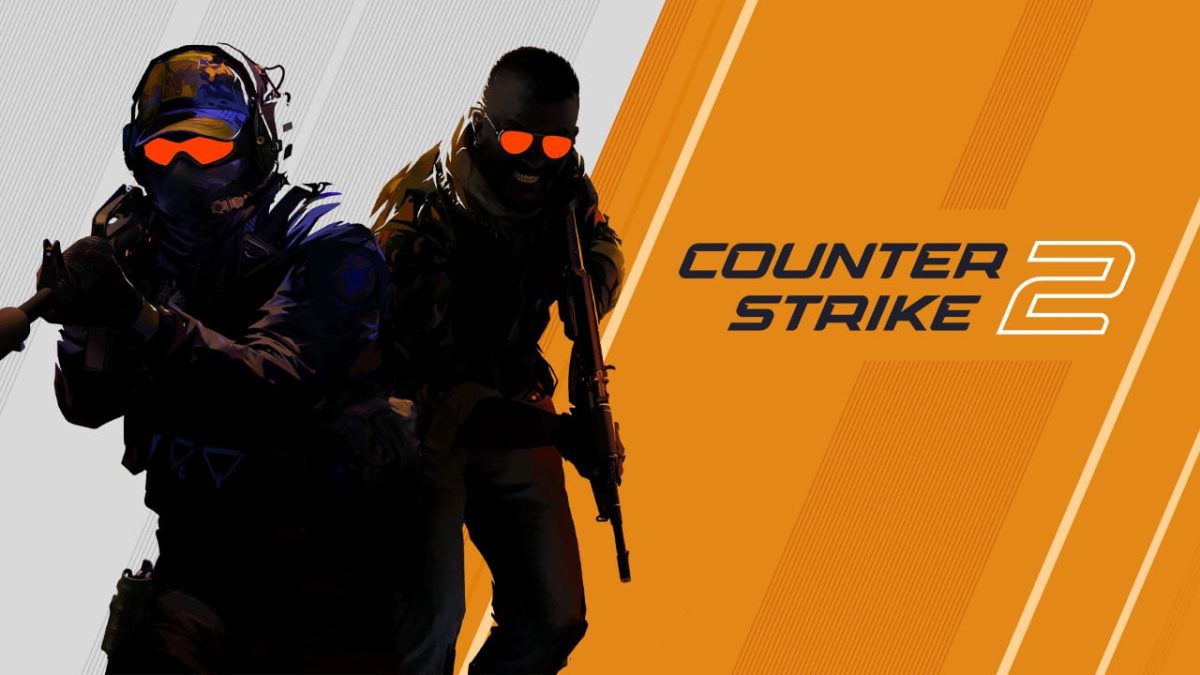


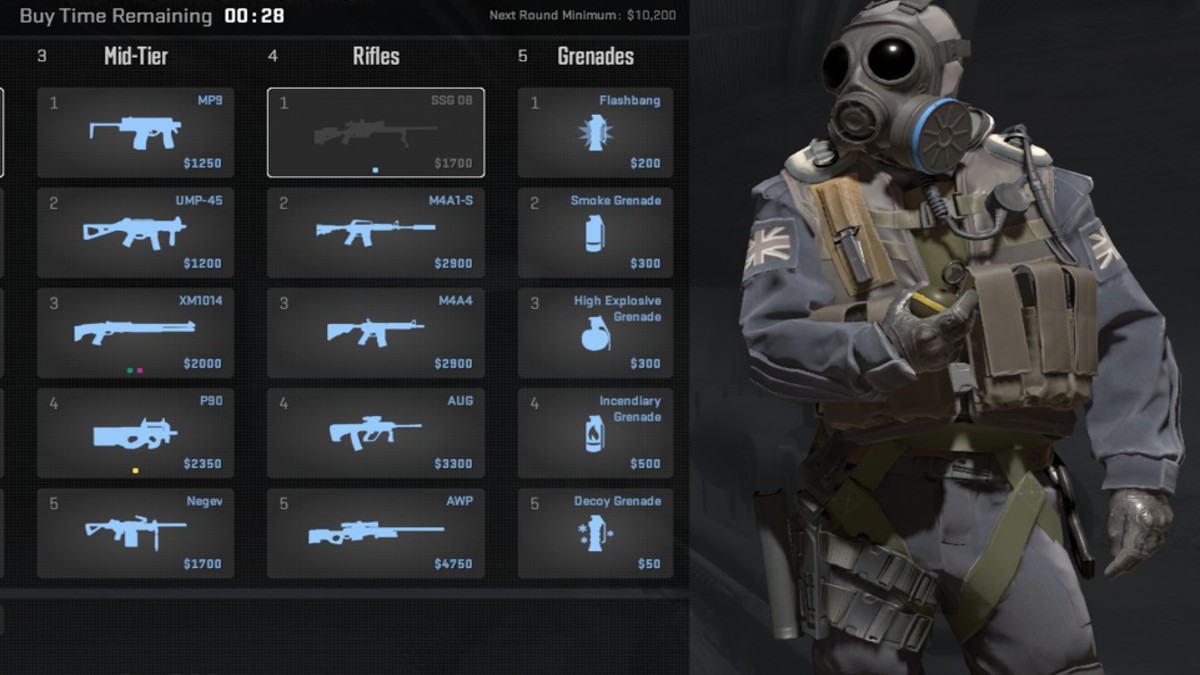
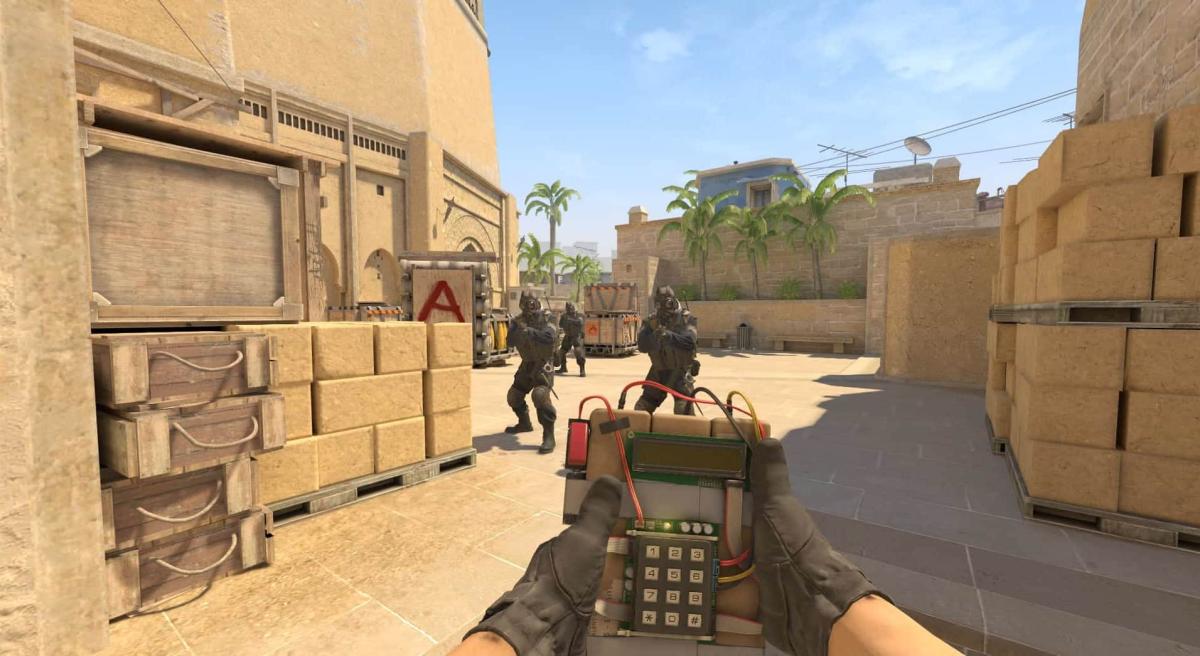
Published: Jun 9, 2023 11:49 am